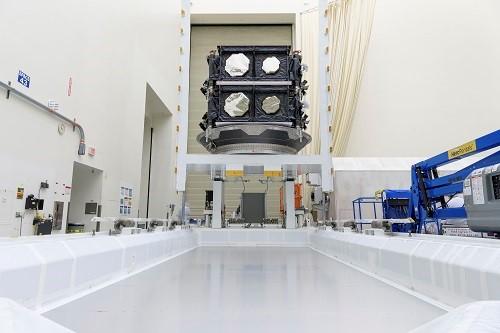In a move set to significantly impact Africa’s aviation industry, Boeing has partnered with Nigeria’s Federal Ministry of Aviation and Aerospace Development to strengthen the nation’s aviation sector. This collaboration, formalized through a Memorandum of Understanding (MoU), is poised to play a crucial role in boosting the civil aviation ecosystem in Nigeria.
Nigeria’s Minister of Aviation and Aerospace Development, Festus Keyamo, emphasized the strategic importance of this partnership, noting that it aligns with the broader priorities of President Bola Ahmed Tinubu’s administration. “Nigeria’s position as Africa’s most populous country and its status as the continent’s largest economy make it a key player in the regional and global aviation markets,” said Keyamo. “This partnership with Boeing is a step forward in realizing our goals for a robust and sustainable aviation sector.”
Boeing’s involvement in Nigeria comes at a time when Africa’s aviation sector is on the cusp of significant expansion. According to Boeing’s Commercial Market Outlook, the continent will need 1,170 new airplanes over the next two decades, driven by air traffic growth expected to surpass the global average. This demand is underpinned by Africa’s rising middle class, increasing urbanization, and the growing need for air connectivity across the continent.
Currently, more than 60 airlines operate approximately 500 Boeing aircraft across Africa, which constitutes nearly 70 percent of the continent’s commercial fleet. Boeing’s new partnership with Nigeria is designed to further enhance the capabilities of the local aviation industry. The agreement includes provisions for planning workshops, training, technical support, and comprehensive assessments for Nigerian airlines, all aimed at improving operational efficiency and safety standards.
The collaboration is expected to yield significant benefits for Nigeria’s aviation sector, providing local operators with the tools and expertise needed to thrive in a competitive global market. Moreover, this partnership is anticipated to stimulate broader growth within the African aviation industry, as Nigeria sets a benchmark for other nations on the continent.
As Africa braces for a surge in the number of airlines in the coming years, the Boeing-Nigeria partnership could serve as a catalyst for the continent’s broader economic development. By investing in Nigeria’s aviation infrastructure and human capital, Boeing is not only securing its position in a rapidly growing market but also contributing to the long-term sustainability and prosperity of Africa’s aviation industry.
This strategic alliance underscores the critical role that partnerships between global aerospace leaders and emerging markets can play in shaping the future of international air travel. As Nigeria continues to develop its aviation capabilities, the Boeing partnership is expected to be a cornerstone of this journey, fostering growth, innovation, and excellence in Africa’s skies.





